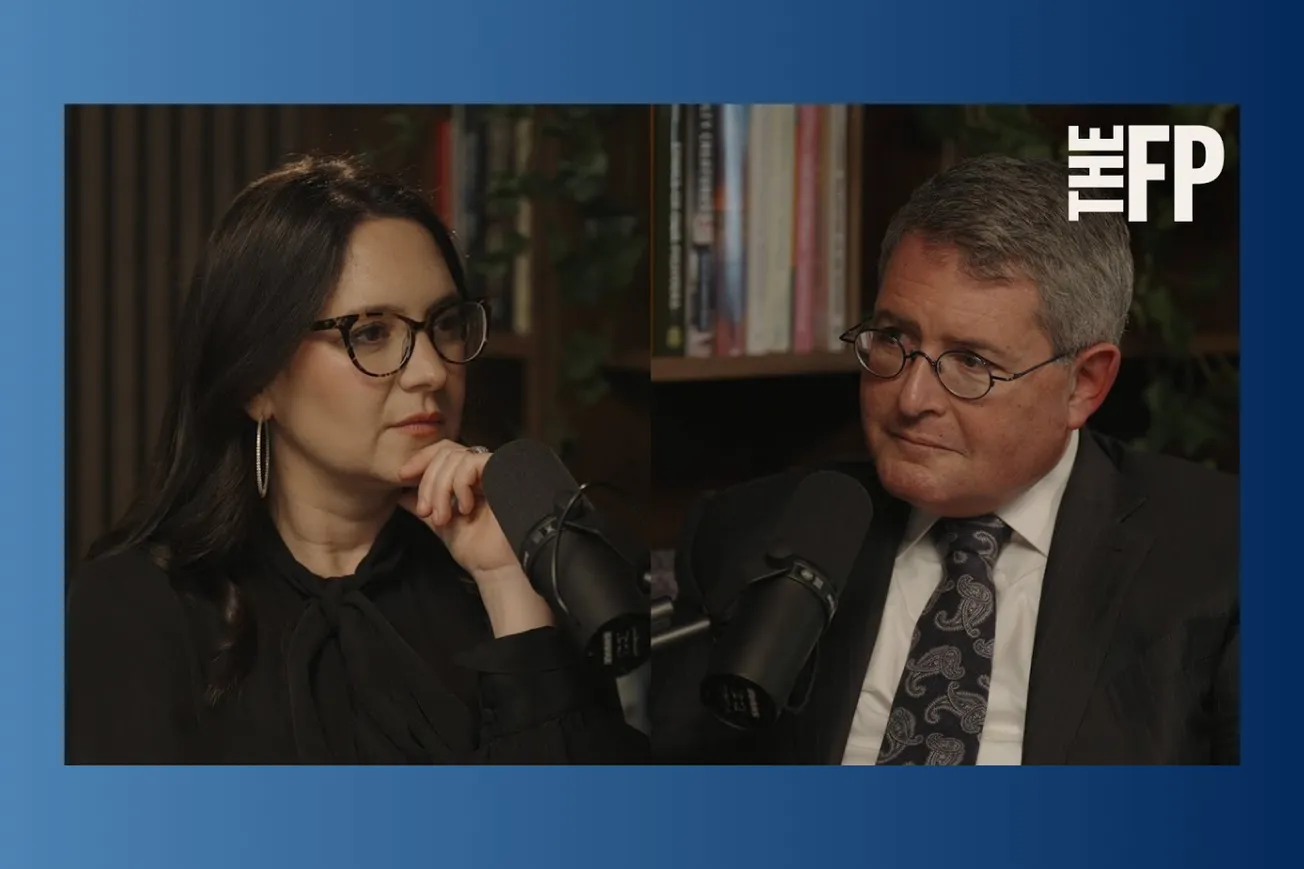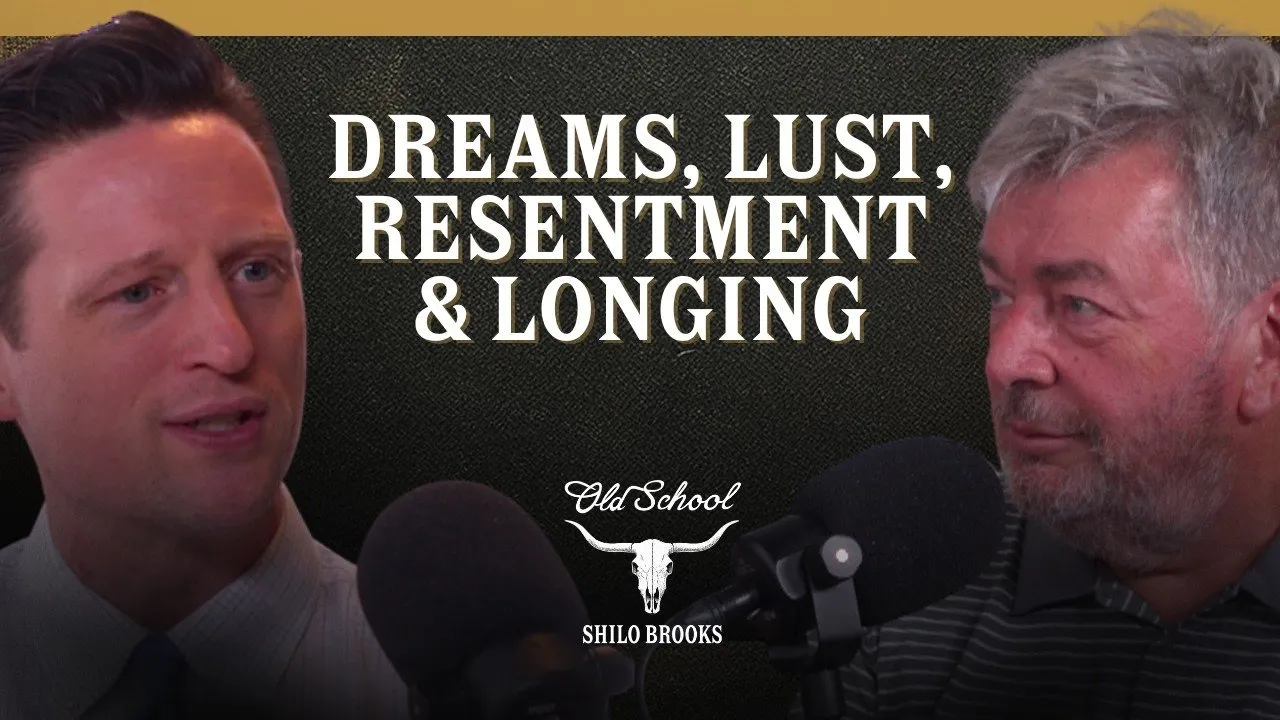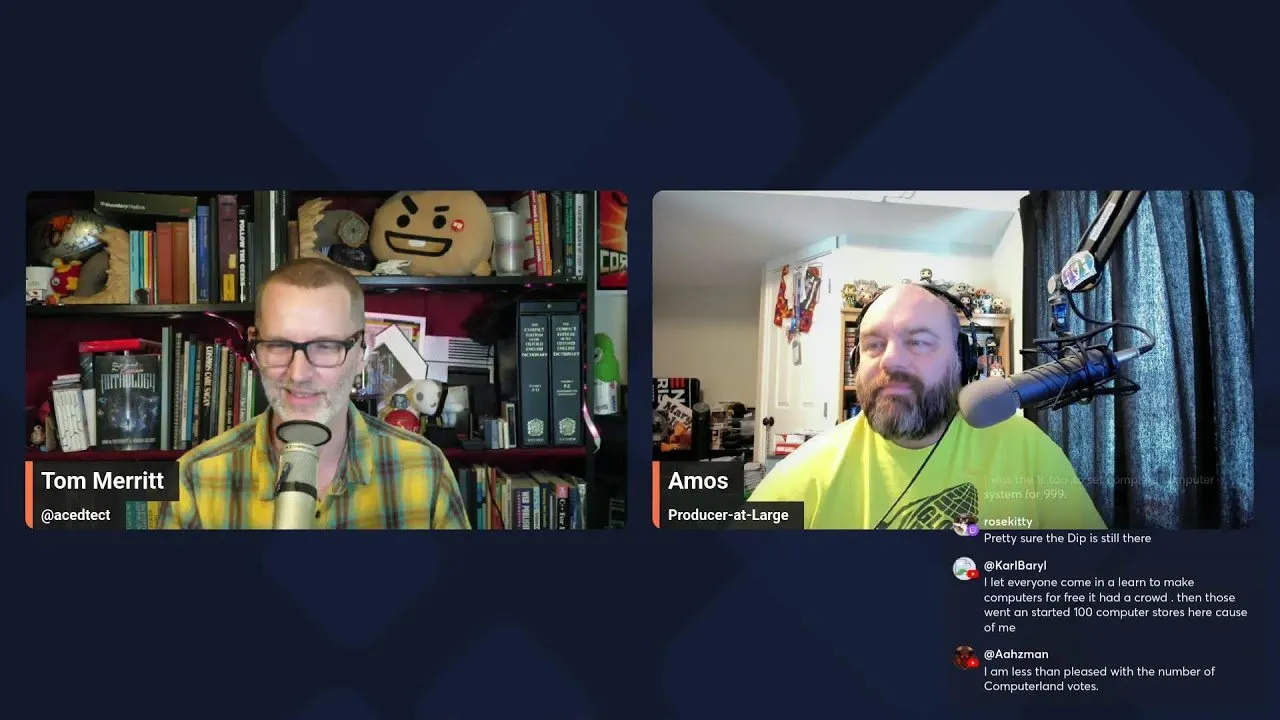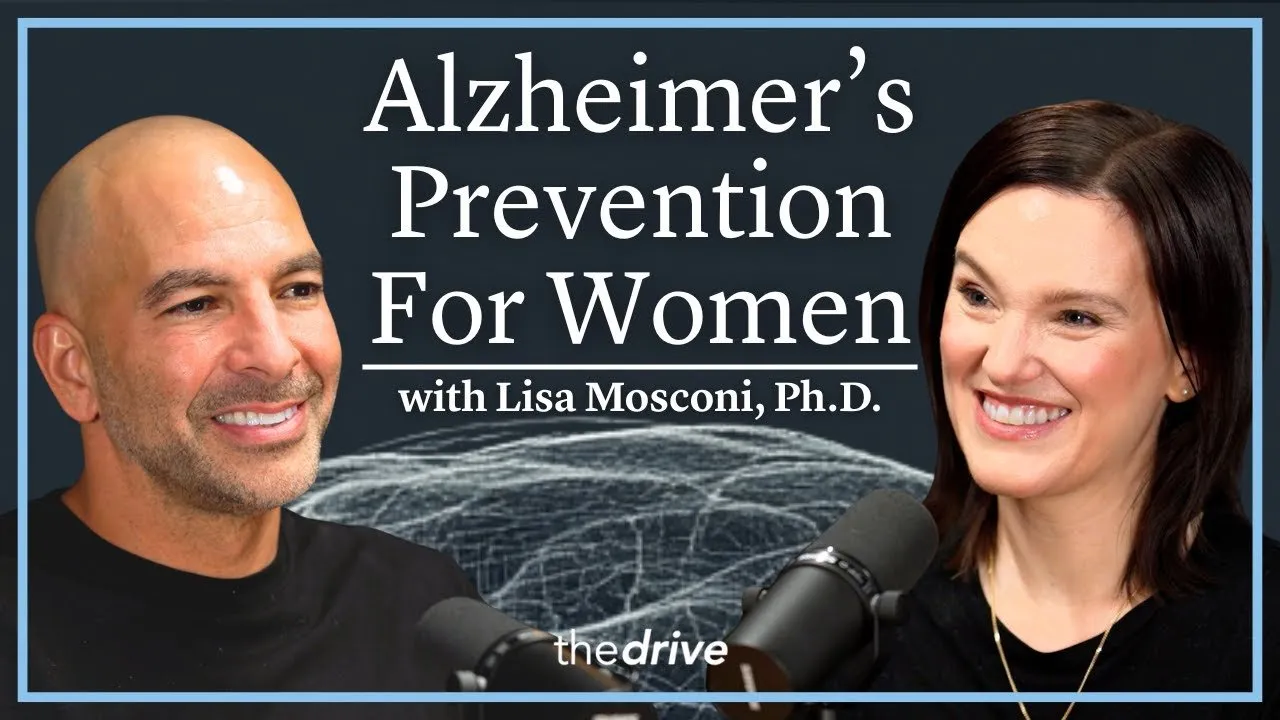Table of Contents
Most Americans have never heard of Leonard Leo. That's exactly how he likes it. But this Italian-American from New Jersey has arguably done more to shape modern America than almost any politician you could name—and he's never held elected office.
Key Takeaways
- Leonard Leo built the conservative legal infrastructure that transformed the Supreme Court, advising presidents on five of the nine current justices
- He describes his role as building "talent pipelines" and networks rather than wielding direct power himself
- The Federalist Society, which Leo helped grow from a law school group to a legal powerhouse, now claims affiliation with five Supreme Court justices
- Leo received a $1.6 billion gift—possibly the largest in American history—to continue expanding conservative influence across culture and institutions
- His relationship with Trump evolved from close collaboration to strategic distance, though he disputes calling it a "falling out"
- The conservative movement faces internal tensions between traditional conservatism and Trump's populist approach, exemplified by appointments like RFK Jr.
- Leo believes the left invented "dark money" tactics and argues anonymous giving protects the power of ideas over personality cults
- He views current attacks on judges from both sides as part of a dangerous escalation that threatens judicial independence
- Despite conservative court victories, Leo sees the pro-life movement as "at its lowest point in history" after post-Dobbs state referendum losses
The Network Builder Who Changed Everything
When Barry Weiss asked Leonard Leo what exactly he does for work, his answer was refreshingly honest: "I build talent pipelines. I build networks and infrastructure." It's the kind of response that could describe a corporate consultant or tech entrepreneur. Instead, it describes the man who quietly architected the conservative takeover of America's courts.
Leo joined the Federalist Society in 1986, just four years after three Yale law students founded it. Back then, he says, law schools taught "a very sort of almost Marxist nihilistic version of law" with little tolerance for traditional constitutional thinking. The legal profession was completely dominated by the left, from universities to bar associations to big law firms.
What's remarkable isn't just that this changed—it's how systematically Leo went about changing it. He understood something that many political activists miss: real power doesn't come from winning individual battles, but from building the infrastructure that shapes how future battles get fought.
"The whole idea of what is the text and original meaning of the constitution, what other people might call originalism or textualism... there was none of that in the law schools. None of it," Leo explains. The Federalist Society didn't just provide an alternative—it created an entire parallel universe where these ideas could develop and flourish.
The society's success came from what Leo calls very clear principles combined with something more personal and relational. He uses a war metaphor that's both revealing and slightly unsettling: "If you go to war and you're in a foxhole, are you going to climb out of that foxhole if you don't know whether the people to your left and your right have your back?"
From Bush to Trump: The Art of Presidential Influence
Leo's influence really crystallized during the George W. Bush administration, when he counseled the president on appointing John Roberts and Samuel Alito to the Supreme Court. But it was his relationship with Donald Trump that would prove even more consequential—and more complicated.
When Leo first met Trump in spring 2016, he was struck by something he'd never seen before: a presidential candidate who made the courts a central campaign issue. "I've not met a presidential candidate in primary or general election season who is as committed to making the court's issue a big deal," Leo recalls.
Trump's decision to release a list of potential Supreme Court nominees during the campaign was unprecedented and risky. Leo remembers the conversation vividly: Trump said he wanted to do it, and when Leo pointed out it had never been done before, Trump asked, "Well, does that mean I shouldn't do it?"
The partnership worked brilliantly from a conservative legal perspective. Trump appointed over 200 federal judges, including Neil Gorsuch, Brett Kavanaugh, and Amy Coney Barrett to the Supreme Court. Leo calls it "probably the most consequential thing he will ever do as a public official that will last 40 years plus."
But here's where it gets interesting: Leo argues that Trump actually understood these issues more than people gave him credit for. After the election, when they met to discuss filling Scalia's vacancy, Trump laid out his criteria without prompting: extraordinary credentials, people who are "not weak," and judges who would interpret the Constitution "the way the founders meant it to be."
The relationship later soured over appointments like Rod Rosenstein, though Leo disputes characterizing it as a "falling out." He seems almost relieved that Trump 2.0 has built its own infrastructure: "My whole goal professionally was to build a network or an infrastructure that could function and survive and thrive without me having to micromanage it."
The $1.6 Billion Question
In 2021, Leo received what might be the largest gift in American history: $1.6 billion from Chicago businessman Barre Seid. When asked about it, Leo's response is characteristically blunt: "It's not a gift. It's a cross."
Managing that much money, he explains, comes with enormous responsibility. Seid gave it to Leo because they shared a vision of preserving American freedom and the rule of law, and because Leo had demonstrated he could "operationalize and weaponize" conservative beliefs effectively.
The money allows Leo to function essentially as a venture capitalist for conservative causes. "Sometimes there are things that are worth investing in... when there isn't something in a space that can sort of receive funding and sort of punch above its weight, you have to create it."
This gets to the heart of Leo's strategic thinking. He doesn't just fund existing organizations—he identifies "choke points" in American society and culture where relatively small investments can have massive multiplier effects. Courts were one such choke point. Corporate suites are another. So are production studios in Hollywood.
Leo is surprisingly bullish about conservative progress in entertainment, citing new production companies like Angel Studios, the Wonder Project, and Daily Wire's Bent Key children's programming. "All these people who are in sort of the traditional Hollywood production space... they're keeping their head low for years... but they're also not leftists, right? They're like, 'Wow, you know, how do I get out of here?'"
The Choke Point Strategy: From Law to Culture Wars
Leo's approach to political change is fundamentally different from traditional activism. Instead of trying to win hearts and minds through persuasion, he focuses on capturing key institutional leverage points—what he calls "choke points"—where decisions made by relatively few people have far-reaching consequences.
He explicitly compares his strategy to Antonio Gramsci's concept of the "long march through the institutions," which leftist radicals used to capture universities and cultural institutions. "What you do is you look for choke points in society and the academy was the one the left went for first which was really smart... all the captains of industry, all of the major journalists, all of the major politicians... they're all going to be going to elite universities."
The left's investment in universities paid off spectacularly, Leo admits. So conservatives needed their own choke points. Courts were the obvious choice because "every time a decision gets made in the law... there are multiplier effects... they have far-reaching consequences."
But Leo has expanded far beyond law. Corporate suites, private equity firms, banks, Hollywood production studios—all are choke points where concentrated influence can reshape broader culture. It's a remarkably sophisticated understanding of how power actually works in modern society.
When asked whether he'd rather control law or universities, Leo gives a fascinating answer. Universities might be "wholesale" compared to law's "retail" approach, but their prestige is declining. "If you ask me today... would you pick the university? That's a riskier bet now than it was when I first started in my professional life."
Trump 2.0 and the Conservative Identity Crisis
Leo's analysis of Trump's second administration reveals deep tensions within the conservative movement. Trump 2.0 isn't the empty vessel that many traditional conservatives thought they could guide in his first term. He's someone who "has been stewing, planning, has very clear ideas many of them not conservative at all."
The appointment of RFK Jr. to lead Health and Human Services exemplifies these tensions. Leo describes it as a clash between a weakened pro-life movement and rising populist concerns about health and wellness. "The pro-life movement is in my view at its lowest point in history," Leo admits, pointing to ballot initiatives in deep red states like Ohio and Missouri that have enshrined abortion rights beyond what Roe v. Wade ever protected.
Meanwhile, younger conservatives are drawn to RFK's "make America healthy again" message. "There is amongst younger generations... this sort of huge preoccupation with health and wellness, returning to sort of a more natural type of a lifestyle," Leo explains. The traditional social conservative movement was too weak to block RFK, while the populist health movement filled the void.
This reflects broader "growing pains" within conservatism as it tries to reconcile traditional principles with populist energy. Leo argues the left faces similar tensions, but they're not in power so it's less visible. The challenge for conservatives is figuring out "how does traditional conservatism and populism... how do they all sort of fit together?"
Dark Money, Judicial Independence, and the Rules of Engagement
Leo is refreshingly honest about what critics call his "dark money" network. But he pushes back on both the terminology and the criticism. First, he points out, "it's the left that invented dark money" and they spend "multiples more" than he does. Second, his goals aren't exactly secret: "I think you can pretty much figure out what I'm going to be deploying assets to do. I've said it pretty clearly. Crush liberal dominance."
More fundamentally, Leo argues that anonymous giving has a noble history in American reform movements, from the Revolution to civil rights to LGBTQ advocacy. The point isn't to hide, but to keep the focus on ideas rather than personalities. "What really ought to matter to people is whether a certain way of thinking or a certain idea or a certain policy is the right thing to do for good reasons... It shouldn't matter who's doing it."
But Leo is genuinely worried about escalating attacks on judicial independence from both sides. He points out that 70% of all federal court injunctions in history have been imposed on Trump administrations, with 92% coming from Democratic appointees. That's either evidence of activist judges or an administration that's "really out over its skis"—maybe both.
The current rhetoric about impeaching judges troubles him, even though he traces it back to years of Democratic attacks on conservative justices. "When you attack judges in certain ways, it makes it less tenable for the judge to do what you might want them to do," he notes pragmatically.
His advice is characteristically blunt: federal courts need to be "very careful about maintaining the status quo" when issuing temporary restraining orders, and politicians need to ask whether their rhetoric will actually accomplish what they want. "Is the rhetoric we're seeing today going to get you what you want? Probably not."
The man who architected the conservative legal revolution sounds genuinely concerned that the escalating political warfare could destroy the very institutions he spent decades capturing. It's a reminder that even the most successful political strategists can lose control of the forces they unleash.
Leo's story isn't just about one man's influence—it's about how small groups of determined people can reshape entire societies by thinking strategically about power and building the right kind of infrastructure. Whether you see him as a visionary or a threat probably depends on your politics, but there's no denying he's changed American history. The question now is whether the movement he built can survive its own success.









